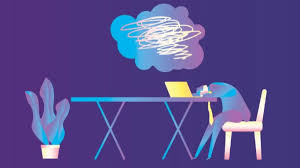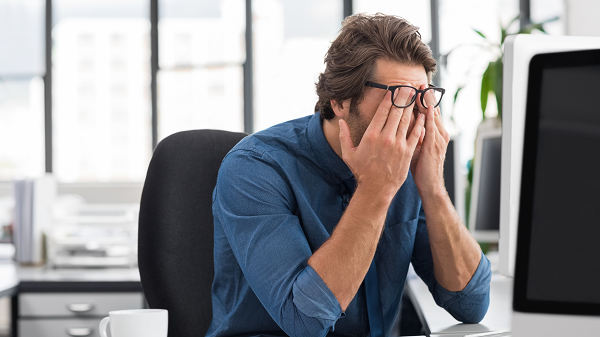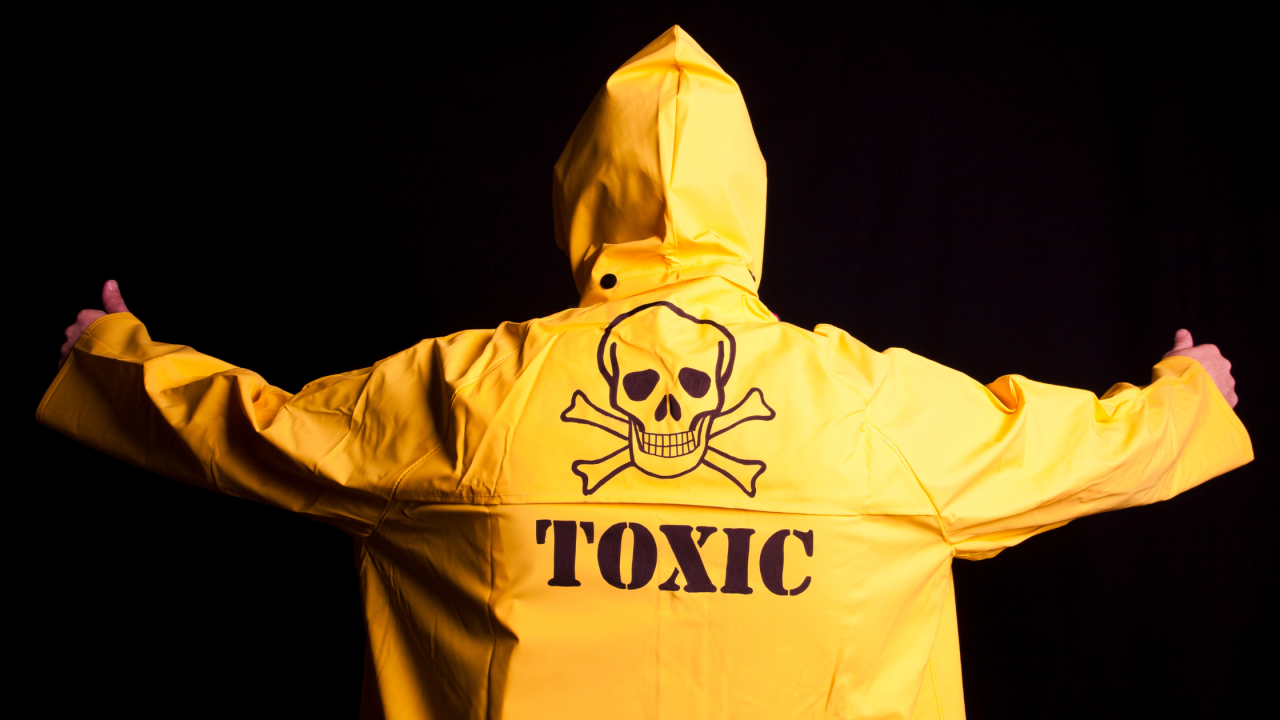Responsibilities of leadership can cause mental health challenges in Covid era
Each person enduring the global pandemic has their own story to tell, an individual set of challenges and struggles that is uniquely their own. For entrepreneurs, the Covid experience is often characterized by workplace turmoil and a battle to stay in business amid constantly changing circumstances. That is leading some business owners to burn out and suffer from diminished mental well-being.
In the short term, the bulk of society’s attention and concern over the virus has been directed at the physical risk it poses. But Covid is also having a less obvious impact on our collective mental health. Researchers around the world are starting to measure and evaluate this psychological fallout as they assess the toll Covid is taking. And some of these studies are focusing their data-gathering specifically on entrepreneurs.
Weathering the storm
Business owners have specific shared challenges because they have been cast in leadership positions. They are responsible for the survival of their companies and the livelihoods of others. Their employees depend on them for food, housing, and other basic needs their families require. These days, entrepreneurs are also tasked with helping to keep employees safe from Covid while they are on the job. Obligations to the business are juxtaposed against moral obligations, which don’t always intersect. That creates a powder keg of pressure as business owners are tasked with steering a ship relentlessly navigating turbulent waters.
The World Health Organization classifies burn-out as an “occupational phenomenon.” It describes the syndrome as “feelings of energy depletion or exhaustion; increased mental distance from one’s job, or feelings of negativism or cynicism related to one’s job; and reduced professional efficacy.”

Taking time to recharge
I know many business owners who are mentally suffering from what they’ve been through the past two years. For example, there’s the medical practitioner whose costs have gone up significantly while dealing with employee turnover rates that have quadrupled, yet they don’t qualify for government support because their revenues are flat. Then there are the business owners who have sacrificed their cherished self-care practices in favor of eking out more time for tending to their businesses and families. Little by little, this lack of self-care is taking root as mental-health struggles.
To help illustrate the power of taking time to recharge, I would like to share a sports analogy. I’m a five-time finisher of the Ironman triathlon. When it comes to endurance training, you must give your body a break to truly gain your full athletic potential. You need to stop, regroup and recharge before starting again. But business owners might not have this chance. Instead, the hours and the days and months pile up with barely a break. In the chaos of Covid, it’s worse than ever before.
5,000 entrepreneurs weighed in
A global study conducted in 2020 by a group of professors and researchers at the King’s College London Business School surveyed more than 5,000 entrepreneurs running small- and mid-sized businesses in 23 countries, including the United States. The report they compiled was titled Entrepreneurship during the Covid-19 pandemic: A global study of entrepreneurs’ challenges, resilience and well-being.
“Most entrepreneurs faced significant challenges threatening the survival of their businesses,” the study reported. “We also see resilience in how entrepreneurs navigated the crisis through being agile, adaptive, and exploring new opportunities, utilizing government support, giving back to society, and even harboring growth ambitions beyond the pandemic.”
Still, despite the tendency of business owners to rally and not give up, the researchers noted that, “Entrepreneurs’ mental well-being dropped by 12% in the pandemic, presenting another threat to their businesses.”
The well-being of entrepreneurs can have effects beyond their own personal situations, the report stated, because “Small and medium-sized enterprises (SMEs including the self-employed) account for 90% of businesses globally and provide 70% of employment worldwide. These businesses, typically entrepreneur-led, are threatened by the Covid-19 pandemic, meaning that millions of jobs are at risk.”
Doing more with less
Some of the challenges entrepreneurs are facing in the Covid era are slow payments from customers and a resulting inability to pay vendors and employees, plus they might be having a hard time covering operating costs. The disrupted supply chain has also led to difficulty accessing crucial supplies and input materials. On a personal level, a shift to remote work while balancing the demands of children stuck at home due to school closures intensifies an already tough situation.
That same fighting spirit that characterizes the mindset of entrepreneurs was discussed in the London study. Some entrepreneurs who were interviewed viewed the crisis as an opportunity, either for personal development, or for pivoting or altering their business model. Entrepreneurs often said this optimism was rooted in their personalities.
Smarter, stronger, more efficient
If given a choice, none of us would have wished this pandemic on humanity. But one upside it has offered to entrepreneurs is the added necessity and resulting drive to think more creatively than ever before. We’ve found ways to implement more efficiencies in our businesses. No company is guaranteed survival, but I’ve been impressed and inspired by the resilience and fighting spirit I’ve witnessed in the companies I work with who are digging deep to build their enterprises stronger. My hope is that you will take time to care for yourselves as diligently as you have nurtured your businesses. Your health and well-being depend on it.




